Jute Sacks and Burlap Bags - XINGTAI SHUODING TRADING CO., LTD. | Sustainable Packaging, Eco-Friendly Solutions
As the global community increasingly prioritizes environmental sustainability, natural fibers like jute have emerged as viable alternatives to synthetic materials. Known as the "golden fiber," jute is a biodegradable, durable, and cost-effective natural resource that has been used for centuries to create a wide range of products, including jute sacks, burlap bags, and other eco-friendly packaging solutions. This article explores the unique properties of jute, the diverse applications of jute bags, and the role of companies like XINGTAI SHUODING TRADING CO., LTD. in promoting sustainable practices.
What is Jute?
Jute is a natural fiber derived from the stems of plants in the genus Corchorus. It is renowned for its strength, versatility, and environmental benefits. Unlike synthetic materials such as plastic, jute is fully biodegradable, making it an excellent choice for reducing plastic waste. According to the National Institute of Standards and Technology (NIST), sustainable materials like jute play a critical role in minimizing environmental impact through their lifecycle, from production to disposal [1].
As highlighted in the product description, jute is the second most produced natural fiber globally, after cotton. Its fibers are long, soft, and shiny, spun into strong yet coarse threads. This unique combination of properties makes jute ideal for creating durable products that can replace plastic and other synthetic materials in various industries.
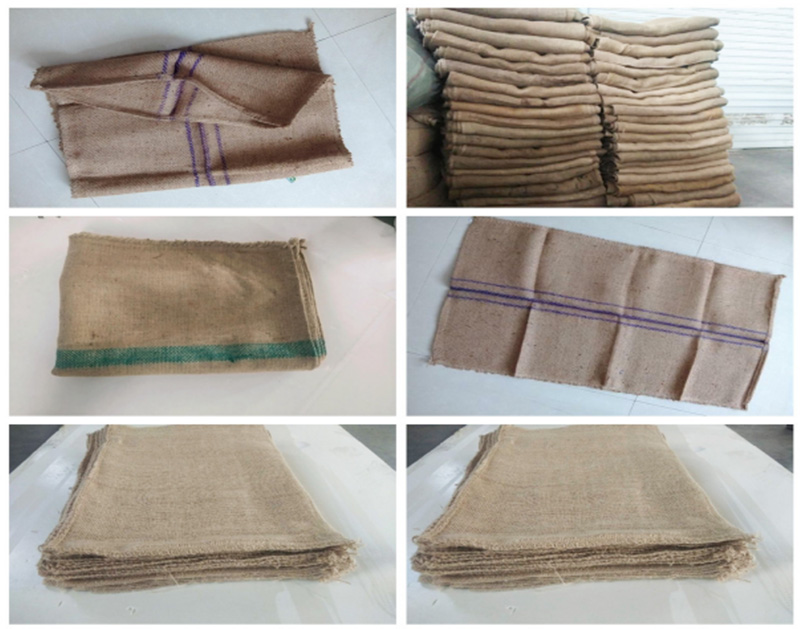
Types of Jute Bags and Their Applications
Jute bags come in a variety of sizes and weights, each tailored to specific use cases. The following are some of the most common types:
- Large Jute Bags: 75CM 110CM (approx. 1000g each) – Ideal for storing grains, beans, and flood prevention.
- Medium Jute Bags: 60CM 90CM (approx. 450g each) – Suitable for hardware packaging, soil filling, and small-scale agriculture.
- Small Jute Bags: 40CM 60CM (approx. 200g each) – Perfect for packaging screws, nuts, and other small hardware items.
- Customizable Sizes: Available upon request to meet specific industrial or commercial needs.
These bags are not only functional but also aesthetically pleasing, with a rustic charm that appeals to eco-conscious consumers. For example, jute gift bags are increasingly popular for retail and promotional purposes, while jute wine bags offer a sustainable alternative to traditional packaging materials.
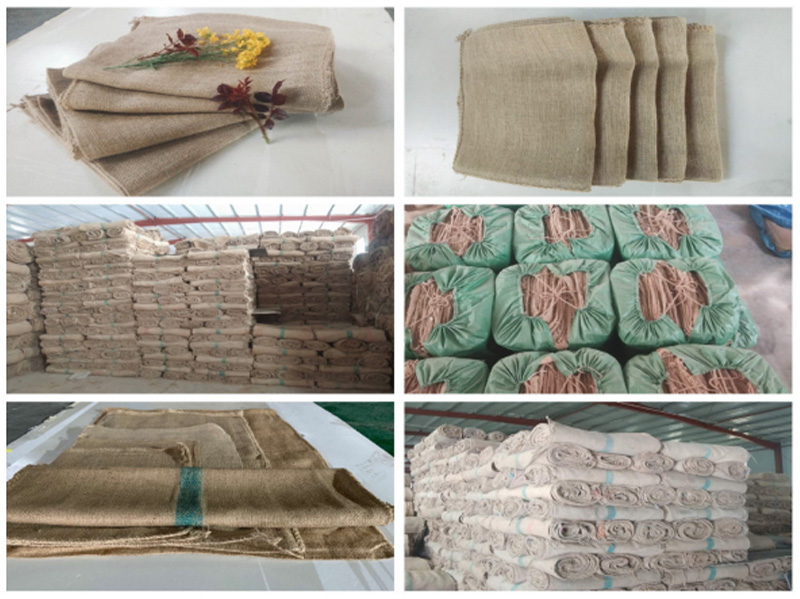
Product Specifications Table
| Size (CM) | Weight (g) | Application |
|---|---|---|
| 75 x 110 | ~1000 | Flood prevention, grain storage |
| 74 x 105 | ~600 | Hardware packaging, soil filling |
| 74 x 105 | ~850 | General use, retail packaging |
| 60 x 100 | ~480 | Small item storage, agricultural use |
| 60 x 90 | ~450 | Hardware packaging, soil filling |
| 50 x 74 | ~300 | Flood prevention, small-scale agriculture |
| 40 x 60 | ~200 | Hardware packaging, retail use |
Customization and Flexibility
One of the standout features of jute bags is their adaptability. As noted in the product description, these bags can be customized to meet specific requirements. This flexibility makes them suitable for a wide range of industries, from agriculture and construction to retail and hospitality. For instance, personalized jute bags are often used for branding and promotional campaigns, while jute tote bags are popular for everyday use due to their durability and eco-friendly appeal.
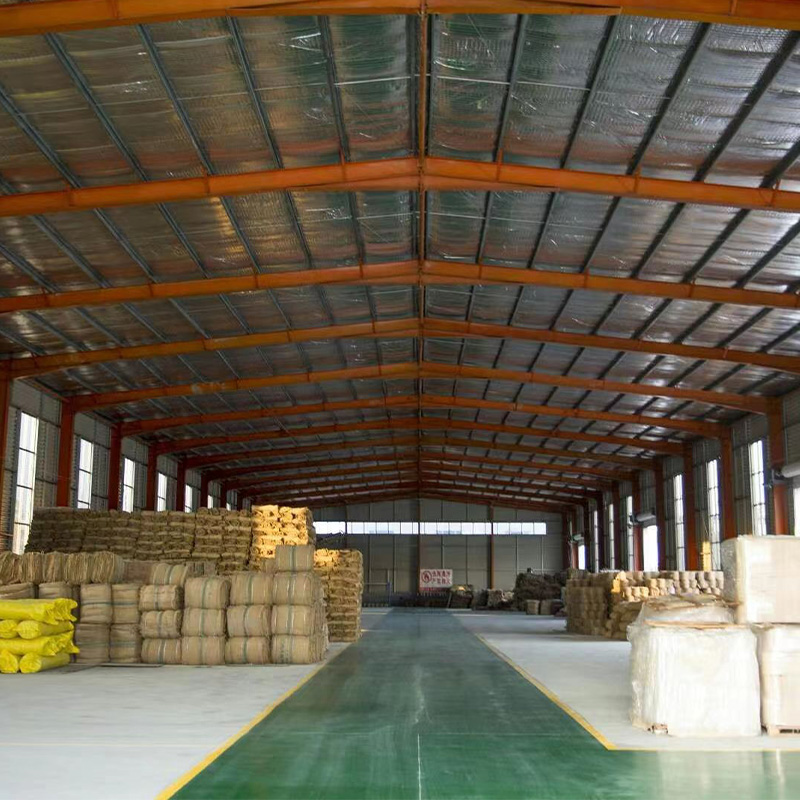
Company Background: XINGTAI SHUODING TRADING CO., LTD.
Based in China, XINGTAI SHUODING TRADING CO., LTD. is a leading manufacturer and supplier of jute products, including jute sacks, burlap bags, and other sustainable packaging solutions. The company is committed to providing high-quality, eco-friendly products that meet the needs of global markets. With a focus on innovation and sustainability, XINGTAI SHUODING has become a trusted name in the industry, offering bulk and wholesale options for businesses looking to reduce their environmental footprint.
As part of its commitment to sustainability, the company adheres to strict quality control standards, ensuring that its products are both durable and environmentally responsible. This aligns with the goals of organizations like NIST, which emphasizes the importance of sustainable materials in modern manufacturing [1].
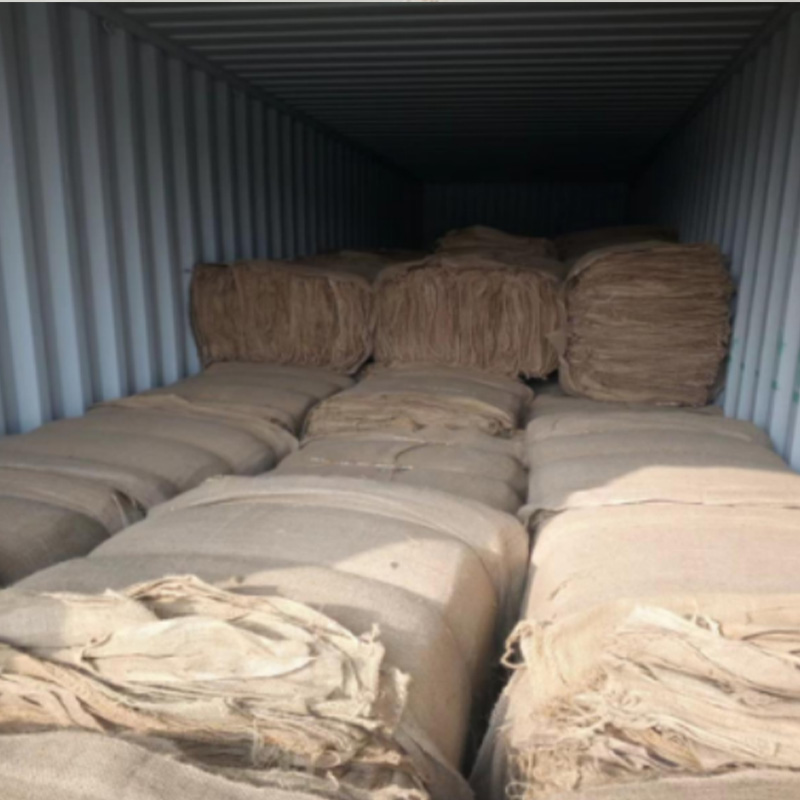
Sustainability and Environmental Impact
The environmental benefits of jute are well-documented. Unlike synthetic fibers, which can take hundreds of years to decompose, jute is fully biodegradable and compostable. This makes it an ideal choice for reducing plastic waste and promoting a circular economy. According to NIST, the adoption of biodegradable materials like jute can significantly reduce the carbon footprint of manufacturing processes [1].
Furthermore, jute cultivation requires minimal water and pesticides, making it a more sustainable alternative to other crops. This aligns with global efforts to promote eco-friendly agricultural practices and reduce the environmental impact of industrial activities.
Conclusion
Jute sacks and burlap bags represent a sustainable, versatile, and cost-effective solution for a wide range of applications. From agricultural storage to retail packaging, these natural fiber products offer an eco-friendly alternative to synthetic materials. Companies like XINGTAI SHUODING TRADING CO., LTD. are at the forefront of this movement, providing high-quality jute products that meet the demands of modern consumers and businesses.
As the world continues to seek sustainable solutions, the role of natural fibers like jute will only grow in importance. By choosing jute bags, consumers and industries can contribute to a healthier planet while enjoying the durability and aesthetic appeal of this remarkable material.
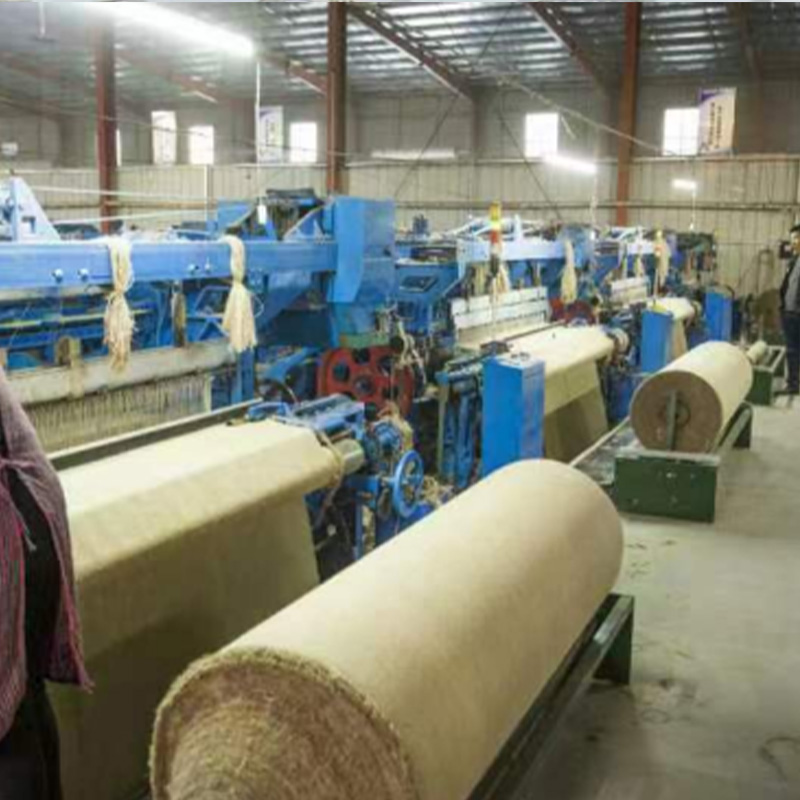
References
[1] National Institute of Standards and Technology. (n.d.). What We Do. Retrieved from https://www.nist.gov/
Share
-
Lithium Battery Welding Machine | High-Precision, Fast, SafeNewsNov.17,2025
-
Aluminium Guide Roller | Anodized, Lightweight, Low-NoiseNewsNov.17,2025
-
Tofu Cat Litter Bulk – Eco, Low-Dust, Fast Clumping SupplyNewsNov.17,2025
-
Equipment for Lithium Cell Assembly | Automated & PreciseNewsNov.10,2025
-
Square File Tool – Precision Cut, Hardened Steel, VersatileNewsNov.10,2025
-
Lithium Ion Battery Assembly Machine | Automated, High-SpeedNewsNov.10,2025







